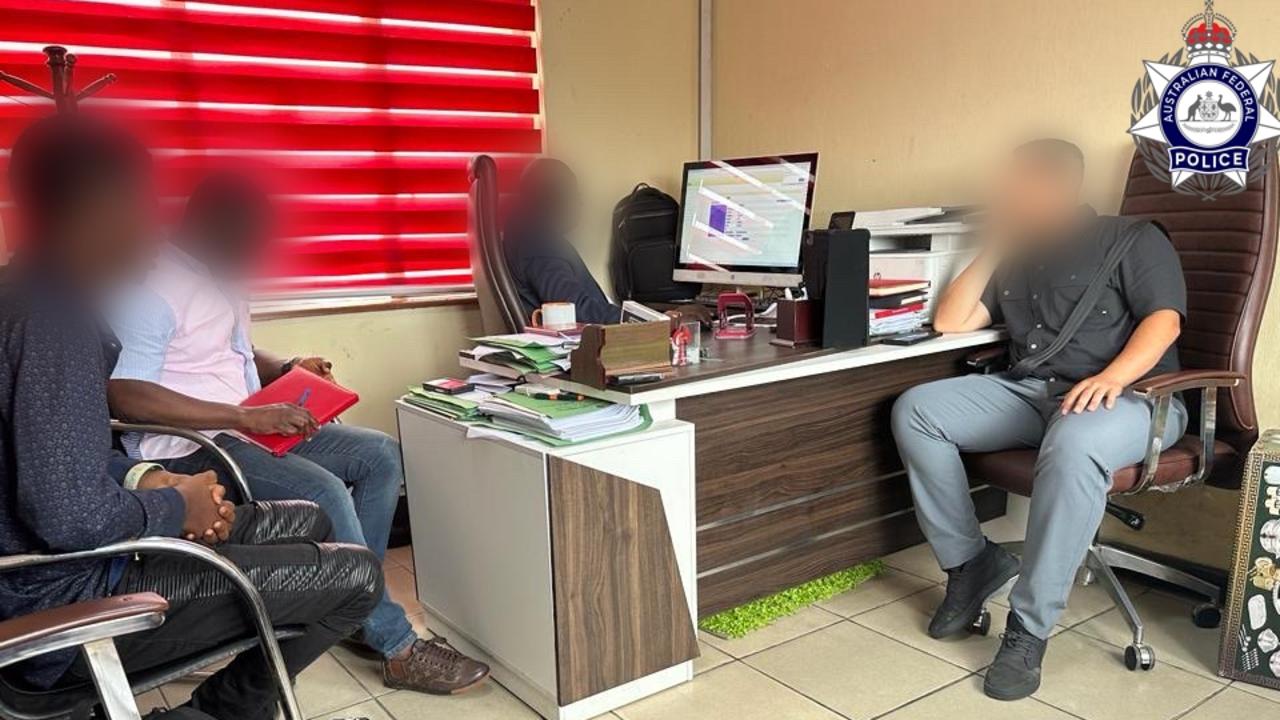Professor takes big step in fighting cancer which claimed his daughter
A medical professor who lost his own daughter to a monster brain cancer has discovered an exciting drug combination that could improve the life expectancy of other children fighting the disease.
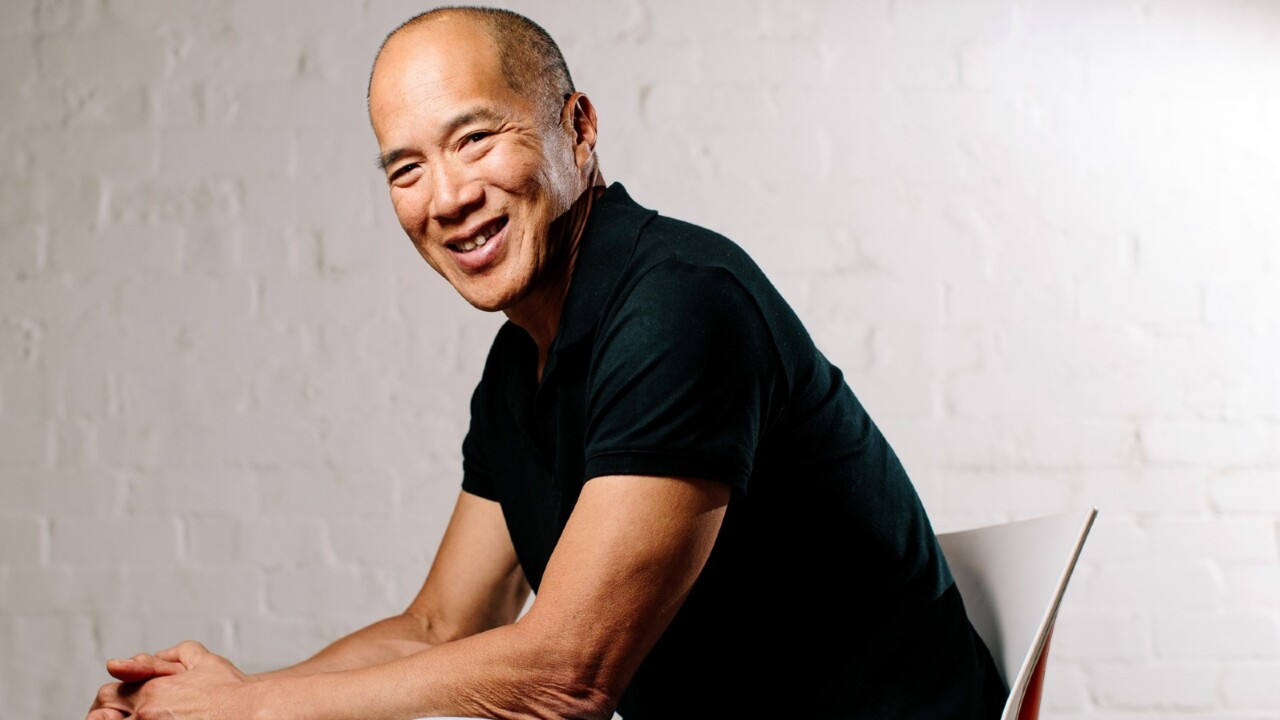
A medical professor who lost his own daughter to a monster brain cancer has discovered an exciting drug combination that could improve the life expectancy of other children fighting the same disease.
Professor Matt Dun and his team of researchers at the University of Newcastle and Hunter Medical Research Institute have discovered a gene that plays a critical role in sustaining the growth of Diffuse Intrinsic Pontine Glioma (DIPG) tumours and, in doing so, they have discovered a treatment that might help to change the death sentence faced by every child diagnosed with the aggressive tumour.
The drug, paxalisib, owned by the Australian biotechnology company Kazia Therapeutics, targets this gene and may become a game-changer in the fight against this brain cancer, Prof Dun exclusively told The Sunday Telegraph.
“These tumours, which are the leading cause of death of children from cancer, have been historically resistant to all treatments,” he said.
“We have exposed a chink in the armour of these devastating cancers, which can be exploited using paxalisib in combination with the FDA-approved brain cancer medicine enzastaurin.
“Together, and in combination with standard radiation treatment, we can triple the survival of DIPG animal models, without toxicity.”
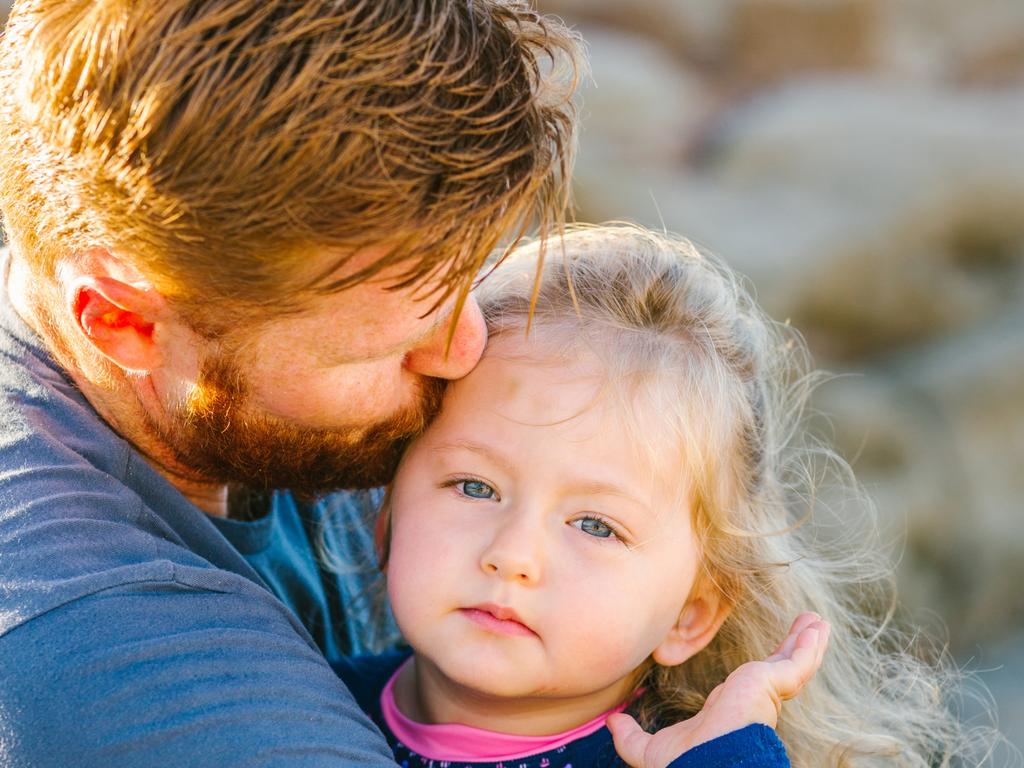
“We’ve observed the combination to be non-toxic, so we’re moving the treatment to clinical trials,” he said.
Professor Dun’s daughter Josephine was diagnosed with DIPG in February 2018.
He said he hoped the clinical trials could start mid-year.
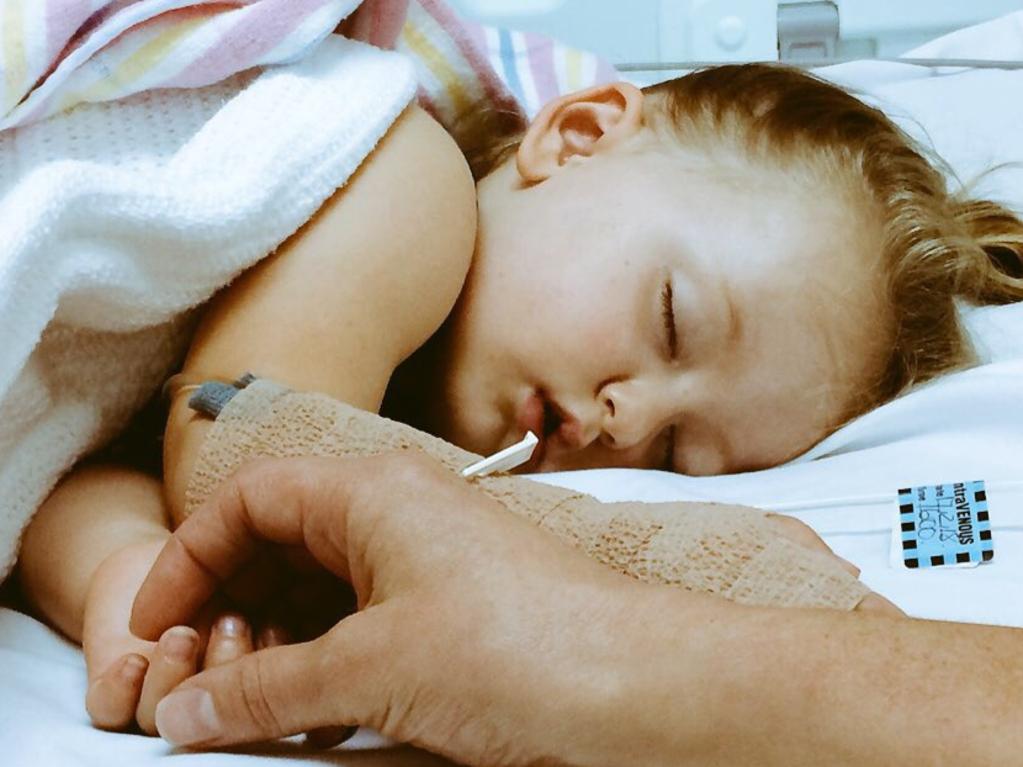
“We are hopeful that this combination used with other exciting and emerging treatments emanating from my lab and others will form the backbone of treatment of DIPG and provide hope of long-term survival of patients,” he said.
It was recently been published in the Journal of Clinical Investigation.
Kazia’s CEO Dr John Friend said his company had been collaborating with Prof Dun and the University of Newcastle for over five years.
“We have a shared passion and dedication to developing and optimising therapies for children with brain cancer,” Dr Friend told The Sunday Telegraph. “The standard of care for children with DIPG has not changed in decades.
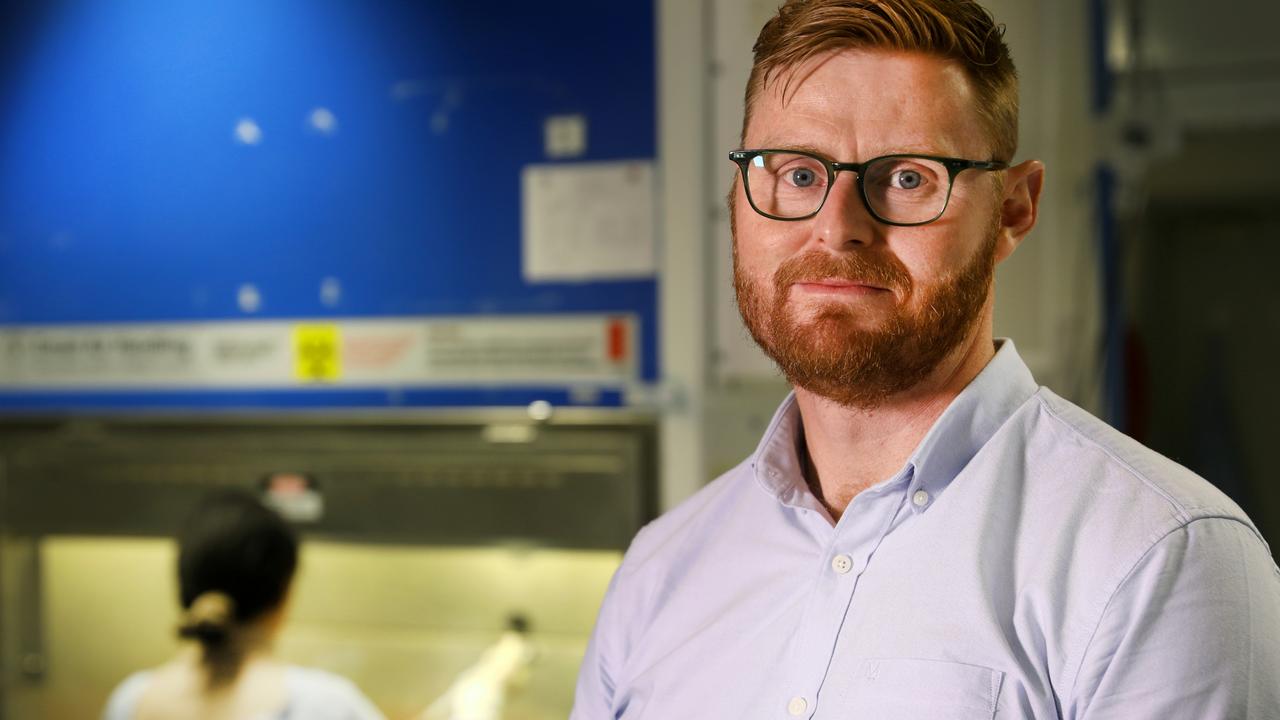
“Radiation therapy is the standard treatment, however, it only provides a temporary benefit in most patients. No chemotherapy drugs to date are known to have an impact on survival, and surgery is rarely used because of the risks involved in surgery in this area of the brain.”
More Coverage
Dr Friend said the federal Government’s recent $20 million injection of funding was “an important recognition of the need to provide more support to the area of childhood brain cancer research”.
“I hope that it draws more attention to the huge unmet need in the space and helps supports companies like ours to be able to conduct important clinical trials, while encouraging other researchers and clinicians to put their efforts to impact this deadly disease.”
Got a news tip? Email weekendtele@news.com.au
Originally published as Professor takes big step in fighting cancer which claimed his daughter





